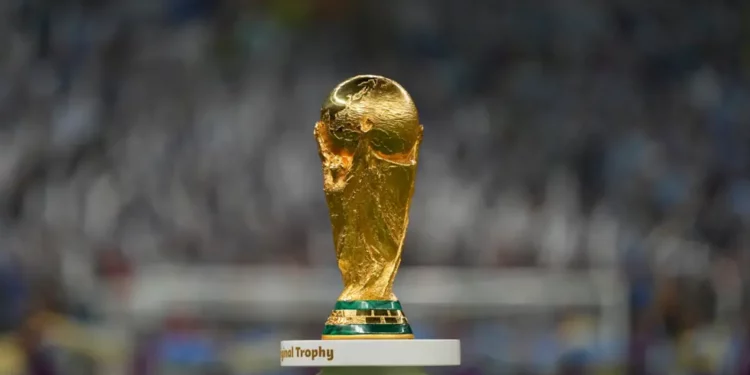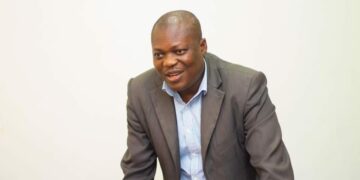Morocco Sets Stage for 2030 World Cup With Spain and Portugal
After decades of unsuccessful bids, Morocco will finally achieve its long-cherished dream of hosting the football World Cup in 2030, alongside Spain and Portugal. This historic event is expected to boost the North African country’s international image and economy.
FIFA is set to formally ratify the trio’s candidacy on Wednesday, with Argentina, Uruguay, and Paraguay also hosting a game each to commemorate a century since the inaugural World Cup in South America.
It has been over 40 years since Morocco first bid for the World Cup in 1987, aiming to host the 1994 edition. The country has made five unsuccessful bids, including one for 2026 and another in 2010, when it narrowly lost to South Africa for the right to host the first World Cup on the continent.
“This is a unique opportunity to accelerate national economic growth, create jobs, and boost the country’s tourism,” said Fouzi Lekjaa, head of Morocco’s 2030 World Cup Committee.
After a cabinet meeting chaired by King Mohammed VI, Lekjaa emphasized the transformational potential of hosting the world’s biggest sporting event. The Moroccan government has unveiled ambitious plans to modernize infrastructure in six host cities: Rabat, Casablanca, Fes, Tangier, Marrakesh, and Agadir. This includes expanding airports, roads, and transportation networks, as well as enhancing hotel and commercial services.
Six stadiums are already undergoing renovations, and a new 115,000-seat stadium near Casablanca, costing 480 million euros ($507 million), is planned to host the final. “These projects will leave a lasting legacy for future generations,” stated Moncef El Yazghi, a researcher specializing in sports policy.
Morocco’s aspiration to host the World Cup dates back to its groundbreaking performance in the 1986 tournament in Mexico, where it became the first African and Arab nation to reach the knockout stage. This success sparked the idea of using football as a platform to enhance the nation’s global reputation.
Sociologist Abderrahim Bourquia noted that the infrastructure improvements offer economic benefits while also instilling global confidence in Morocco. Spectators worldwide will “associate Morocco with the sport’s positive values,” he said.
This initiative aligns with Morocco’s ambition to strengthen continental ties, having signed around 44 partnership agreements with African football federations since its return to the African Union in 2017.
Despite previously pulling out of hosting the Africa Cup of Nations (Afcon) in 2015 due to Ebola concerns, Morocco will host the next Afcon starting in December 2025. The country has also hosted various major tournaments, utilizing these events as a tool for what El Yazghi describes as “football diplomacy.”
Morocco’s joint bid with Spain and Portugal followed Madrid’s support for Morocco regarding the Western Sahara conflict, a long-standing diplomatic issue with Algeria.
While the 2030 World Cup offers Morocco global visibility, it also presents an opportunity to invest in domestic football development. The men’s national team achieved historic success at the 2022 World Cup in Qatar, reaching the semifinals as the first African and Arab nation to do so.
However, with a population of 38 million, Morocco has only 90,000 registered players. To address this, the Moroccan Football Federation has partnered with OCP Group to finance new training centers aimed at nurturing the next generation of football talent.








